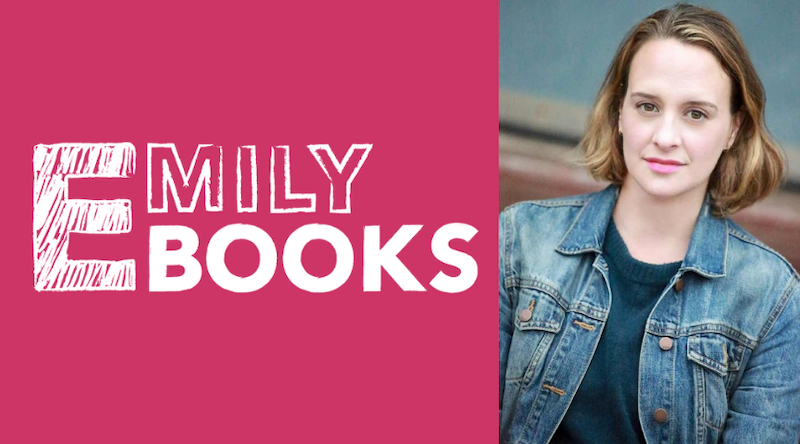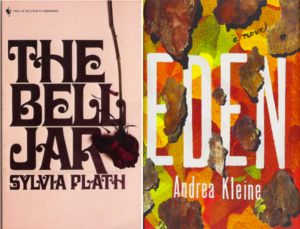
Welcome to Secrets of the Book Critics, in which books journalists from around the US and beyond share their thoughts on beloved classics, overlooked recent gems, misconceptions about the industry, and the changing nature of literary criticism in the age of social media. Each week we’ll spotlight a critic, bringing you behind the curtain of publications both national and regional, large and small.
This week we spoke to Brooklyn-based author, publisher, and critic, Emily Gould.
*

Book Marks: What classic book would you love to have reviewed when it was first published?
Emily Gould: The Bell Jar was famously panned when it was first published in the UK, and a good review would probably have been encouraging to the author, so I would definitely like to travel back in time and review it reverently, thereby saving Sylvia Plath’s life (at least temporarily?? yikes.) I wrote an essay a while back about how wonderful, strange and misunderstood I think this book is; it’s still one of my favorites. It was so far ahead of its time that it may still be ahead of its time.
BM: What unheralded book from the past year would you like to give a shout-out to?
EG: I loved Andrea Kleine’s novel Eden, which got good reviews but I didn’t hear as many people talking about it as I would have liked to. It had a beguiling simplicity that might have made it a tough sell, and it’s also very overtly, realistically about how a childhood trauma has damaged the narrator’s life and relationships. Trauma, fun! I loved it. I think having an un-showy, restrained prose style has fallen out of fashion in some quarters. This book contains nothing extraneous and I think that’s really cool.
BM: What is the greatest misconception about book critics and criticism?
EG: Maybe that it’s the height of critical skill to write a really scorching pan. I definitely thought it was fun to write bad reviews when I was younger, back when I was honing my funny meanness and had no idea that actions have consequences and that I would not be young forever or even for another like 5 years. It turns out that funny meanness is a skill with a limited shelf-life. It’s harder and more valuable to be compassionate in your criticism, unless you really feel that something was written in bad faith and readers need to be warned away. You can be compassionate and not be full of shit. It’s much harder to write a good review than it is to write a bad one.
BM: How has book criticism changed in the age of social media?
EG: The flattening of discourse into BEST or WORST is uh … THE WORST. Also people are very scared of being canceled and this is bad for both books and criticism, duh.
BM: What critic working today do you most enjoy reading?
EG: Tie between the X man (Christian Lorentzen) and Parul Seghal. I trust them and if they like a book I usually buy it!
*
Emily Gould is the author of And The Heart Says Whatever, Friendship, and the forthcoming Perfect Tunes. With Ruth Curry, she runs Emily Books, which sells and publishes books by women as an imprint of Coffee House Press. She is a contributor to Bookforum and The Cut. She teaches writing in New York City, where she lives with her family.
*
· Previous entries in this series ·
If you buy books linked on our site, Lit Hub may earn a commission from Bookshop.org, whose fees support independent bookstores.

